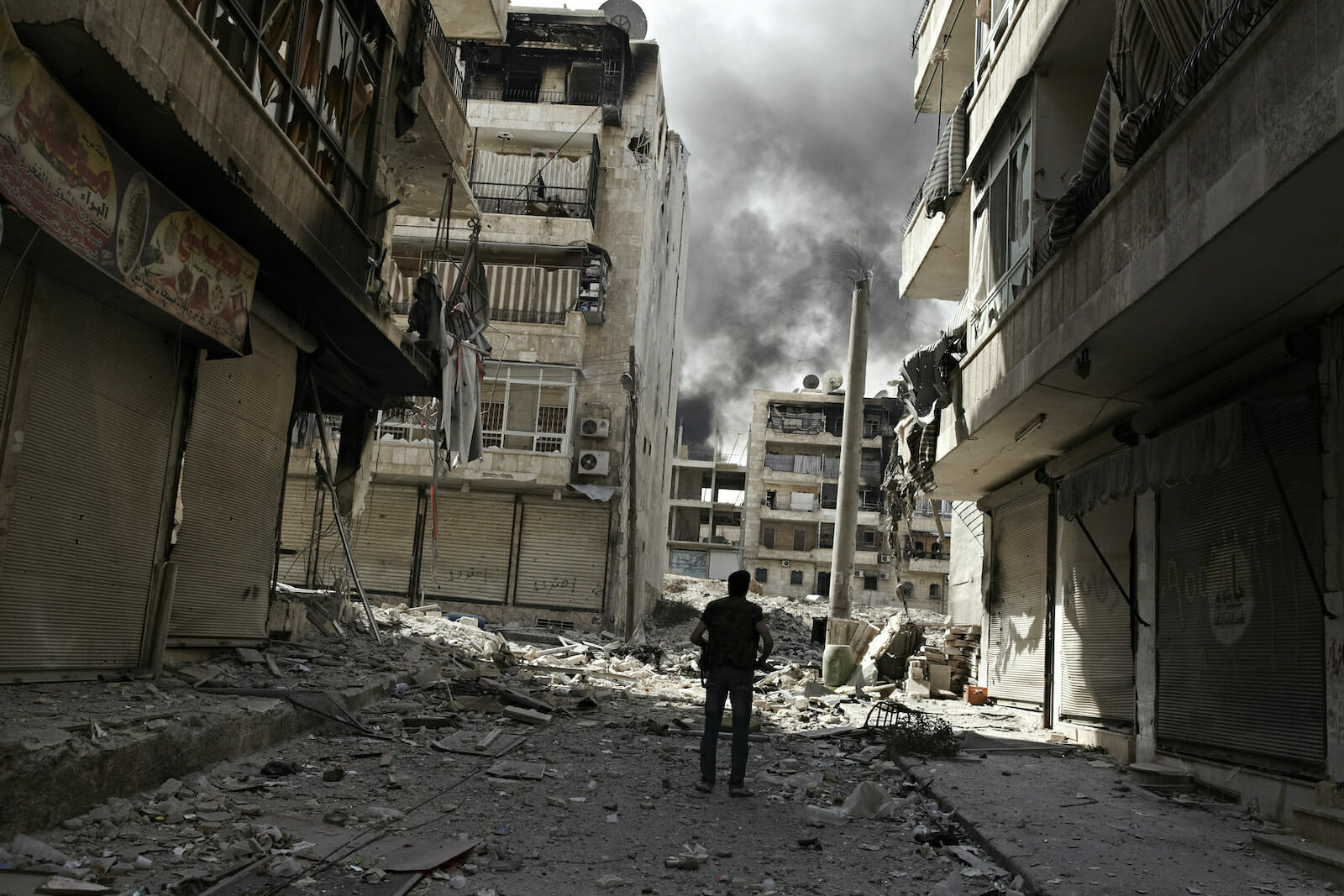
Syria: The World’s Next Genocide
The situation in Syria is in a dire state. Since the uprising began in March 2011, over 60,000 Syrians have been killed and 600,000 displaced. With a recent petition by 58 UN member states to refer Syria to the ICC and the head of Syria’s opposition being invited to Moscow, Bashar al-Assad’s days in power are numbered. What would a post-Assad Syria look like? Would it even be peaceful?
The sad reality is that the killings have just begun. Assad bears sole responsibility for starting the unrest, but he does not bear sole responsibility for crimes already committed or for crimes yet to come. We will bear witness to the world’s next genocide against the 2.5 million Alawites and possibly other ethnic minorities once Assad is overthrown. As the bloodshed continues, Syria is now entrenched along ethnic and sectarian lines. Despite being a Sunni majority country, Syria’s economic, political and military leaders hail from the Alawite minority.
When Assad’s father Hafez came to power in 1970, he brought the Alawites from being persecuted to a group in the highest corridors of power. When the Arab Spring began, it brought up animosity and hatred of the Alawites that had been brewing for over 40 years. Memories of the 1982 Sunni Rebellion that was violently crushed were still very fresh in people’s minds.
This, added with the bloody government crackdown is deepening the sectarian divide. The government has been cracking down and enforcing collective punishment on entire Sunni neighborhoods. The victims are mostly civilian men, women and children.
Since the members of the Sunni majority bore the brunt of the regime’s injustices, they now form the largest force in the opposition. Let’s look at the potential scale of the problem. There are 2.5 million Alawites at risk of being slaughtered in a post-Assad Syria. The violence against Alawites is already increasing and there is no end in sight. Human Rights Watch has documented attacks by opposition forces on Alawite places of worship. The rebels have been criticized for committing mass atrocities against pro-Assad forces, including beheadings of civilians and even children.
It is not just the Alawites that we should be concerned about. Christians are also getting worried. Extremist fighters that have infiltrated the rebels’ ranks are not only fighting to rid Syria of Assad but also to religiously cleanse it. Though the official slogan of the Free Syrian Army still remains “we are one people of one country,” those within its ranks are chanting “Christians to Beirut and Alawites to their graves.” Christians fear that their fate would be similar to Iraqi Christians who were forced out of Iraq by war and terrorism. Christians have legitimate cause for their fears. The Christian population in the city of Homs is now down to just 400 from over 80,000 at the beginning of the civil war.
Countries and media outlets from around the world have continued to question why the West has not done more to intervene in Syria. Qatar has renewed its calls for an Arab led military intervention in Syria if diplomatic efforts fail to bring an end to the crisis. I would like to ask this question, if there was a Libyan style military intervention that ousted Assad, would the same countries intervene again to stop the imminent genocide that would be sure to take place? It’s a catch 22 isn’t it? If there wasn’t an intervention more people would surely die. If there was a military intervention a greater number of people might die.
Think back to the bloody civil war between the Sunnis and Shiites in post-Saddam Iraq. The West and its allies in the Middle East do not have the resources nor stomach to intervene twice in Syria nor are they willing to stay and govern Syria as they did in Iraq and Afghanistan. Perhaps a military intervention as enticing as it may be would not be such a good idea after all.
What can governments do to prevent this potential genocide from happening? First, they must make it clear to the Syrian opposition that they must strictly abide by international humanitarian law. Those groups that target Alawites and other minorities should be denied funds and other forms of support. Second, foreign governments should make every effort to hold all perpetrators of mass atrocities responsible for their actions and bring them to justice in the International Criminal Court no matter which side they are on. There needs to be more personnel on the ground to document atrocities and collect evidence for future prosecutions. This sounds great on paper right? It is very noble, but it will be very hard to enforce and will have a negligible impact on atrocities committed.
With the potential of genocide looming on the horizon, we might see the fragmentation of a post-Assad Syria. The Alawites will retreat to their stronghold along Syria’s Mediterranean coast with the strategic port of Lattakia at the center. The Sunni majority will still occupy the eastern and southern parts of the country by the Iraq border. And the Kurds will declare an enclave along the Turkish border. The situation is getting very complicated and dire. How will the crisis in Syria end? How much blood must be shed? Will the world only wait and see?

